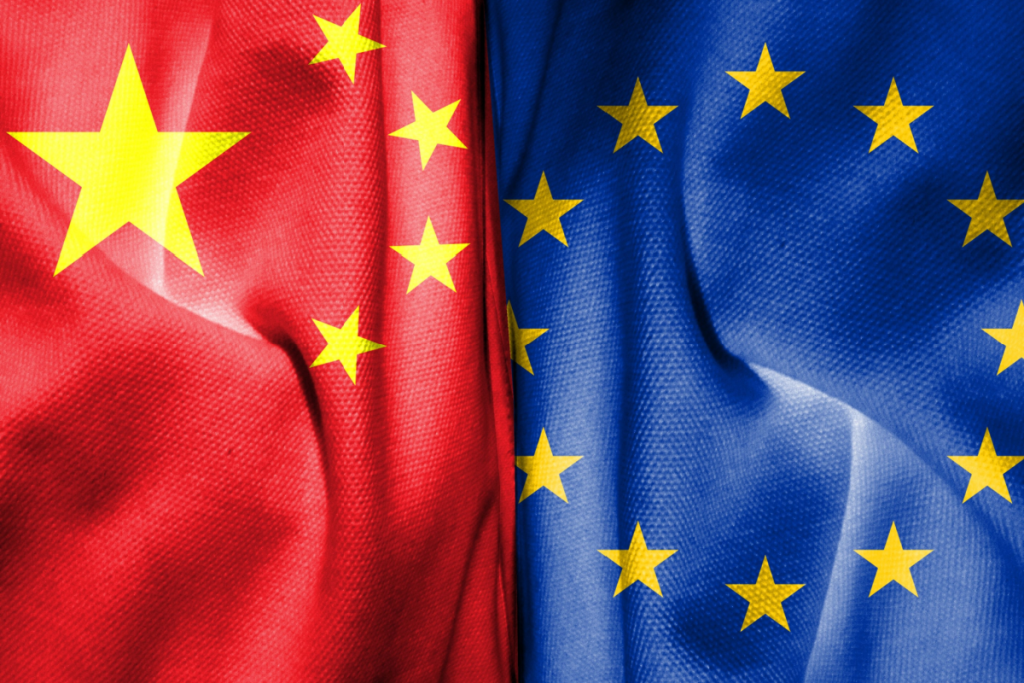China has announced the imposition of provisional anti-dumping duties of up to 62.4% on pork imports from the European Union (EU), escalating ongoing trade tensions between Beijing and the 27-member bloc. The move, set to take effect September 10, targets a sector that has long been central to China’s food supply and comes as both sides exchange trade restrictions across industries.
China’s Justification
The Ministry of Commerce stated that its preliminary investigation found EU producers were dumping pork and pig by-products in the Chinese market at below-market rates, inflicting “substantial damage” on China’s domestic pork industry. Duties will range from 15.6% to 62.4% depending on the exporter, with cash deposits required from EU companies. The ministry did not clarify whether these deposits could eventually be refunded.
Background and Trade Disputes
The duties follow a series of tit-for-tat trade measures between China and the EU. Beijing launched its probe into EU pork imports in June 2024, shortly after Brussels imposed provisional tariffs on Chinese-made electric vehicles. The following month, China levied anti-dumping duties on European brandy, though some producers, including major cognac exporters, were granted exemptions. Beijing is also investigating possible dumping of European dairy products.
Impact on EU Producers
The new duties are expected to hit hardest in Spain, the Netherlands, and Denmark, all major suppliers of pork to China. EU pork exports to China peaked in 2020 at 7.4 billion euros ($7.9 billion), driven by shortages after a swine fever outbreak devastated Chinese pig farms. By 2023, exports had dropped to 2.5 billion euros ($2.6 billion), with Spain accounting for nearly half that volume. The new duties are likely to further restrict access to China, historically one of the EU’s largest export markets for pork.
Implications for Global Trade
The escalation underscores the fragility of EU-China trade relations, which span agriculture, automotive, and luxury goods. While China frames the duties as a protective measure for its domestic industry, European officials are likely to view them as retaliatory. With China also examining EU dairy products, the dispute could broaden, adding strain to an already complex economic relationship.


